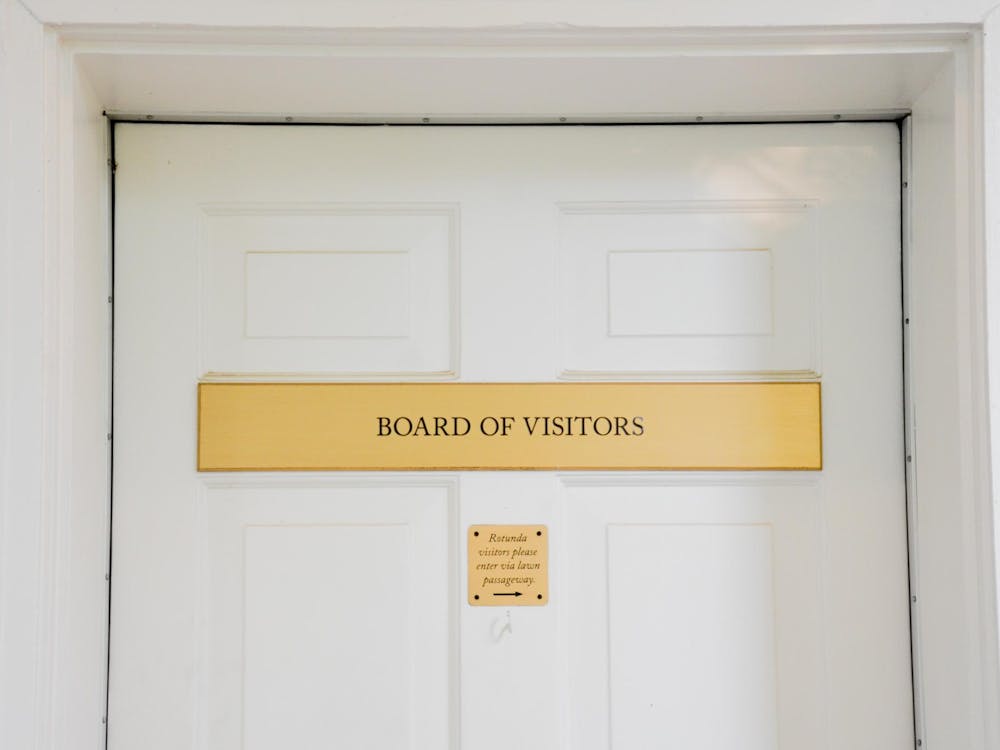Virginia Gov. Bob McDonnell Tuesday announced an effort to convert all state vehicles to alternative fuel sources and to provide alternative-fuel infrastructure for the Commonwealth.
McDonnell’s announcement came at the beginning of a three-day energy conference in Richmond.
Clean Energy and Bossman Gas are two alternative-energy companies the state will work with to develop alternative-fuel infrastructure. Clean Energy works with natural gas and Bossman Gas uses propane autogas.
“Alternative fuel vehicles are available and operating on our roads today, [but] available refueling infrastructure for these vehicles is limited,” McDonnell said in a Tuesday press release.
Virginia will work with Clean Energy to build at least six natural-gas filling stations and with Bossman Gas to develop at least seven propane stations. State agencies, local governments and private citizens with alternative-fuel vehicles will be able to use these stations.
McDonnell spokesperson Jeff Caldwell called the alternative-energy initiative “the beginning of a revolution of fueling vehicles” with alternative-energy sources leading to reduced carbon emissions.
Clean Energy and Bossman Gas were chosen from 14 firms who responded to a Virginia solicitation that asked companies to propose cost-effective ways to promote alternative fuel.
“Through his leadership, Governor McDonnell has put Virginia on a path to a more secure energy future,” Clean Energy Vice President Mark Riley said at the signing ceremony in Richmond Tuesday.
After announcing the Commonwealth’s contracts with Clean Energy and Bossman Gas, McDonnell signed an executive directive asking state energy companies to conduct studies looking at their own vehicles and analyzing how a transition to alternative fuel might be accomplished. These plans are due in 60 days.
Converting the state’s vehicles will cost $3-4 million, but savings in future operating costs are expected to offset this initial investment, Caldwell said.
Adopting alternative fuels could be an economically savvy decision for Virginia too, as the state has no oil reserves, so all gasoline is imported from outside the state, Caldwell said. “As you can see from the prices of alternative fuels vs. gasoline, [alternative fuels] costs about half,” Caldwell said.
“This could have a significant boost on the state and Virginia is blessed with resources in the borders that can be developed for this.”
The partnership would reduce Virginia’s dependence on foreign oil, McDonnell said in the press statement. In addition, allowing vehicles to operate on Virginia-developed fuel will increase the number of jobs in the Commonwealth, Caldwell said.
The University’s Parking & Transportation did not return requests for comment on the University’s plans for its own fleet of buses and other vehicles.






